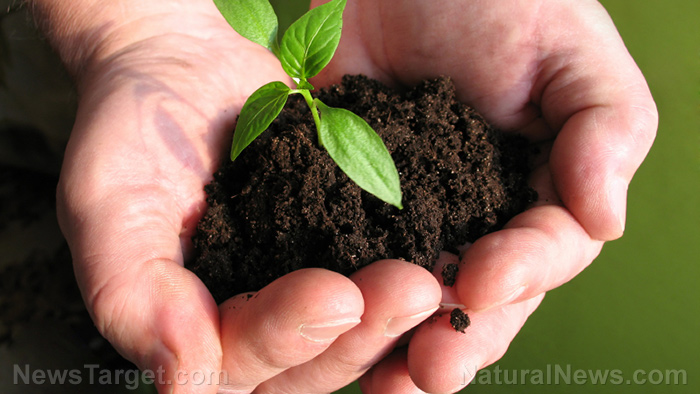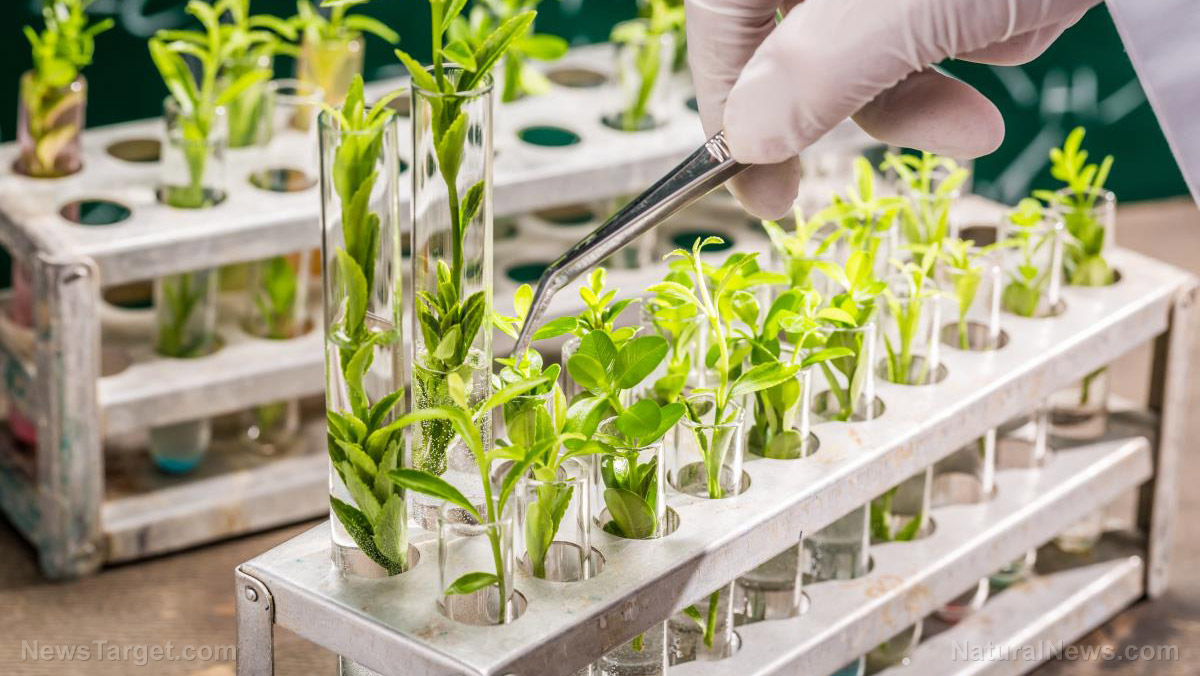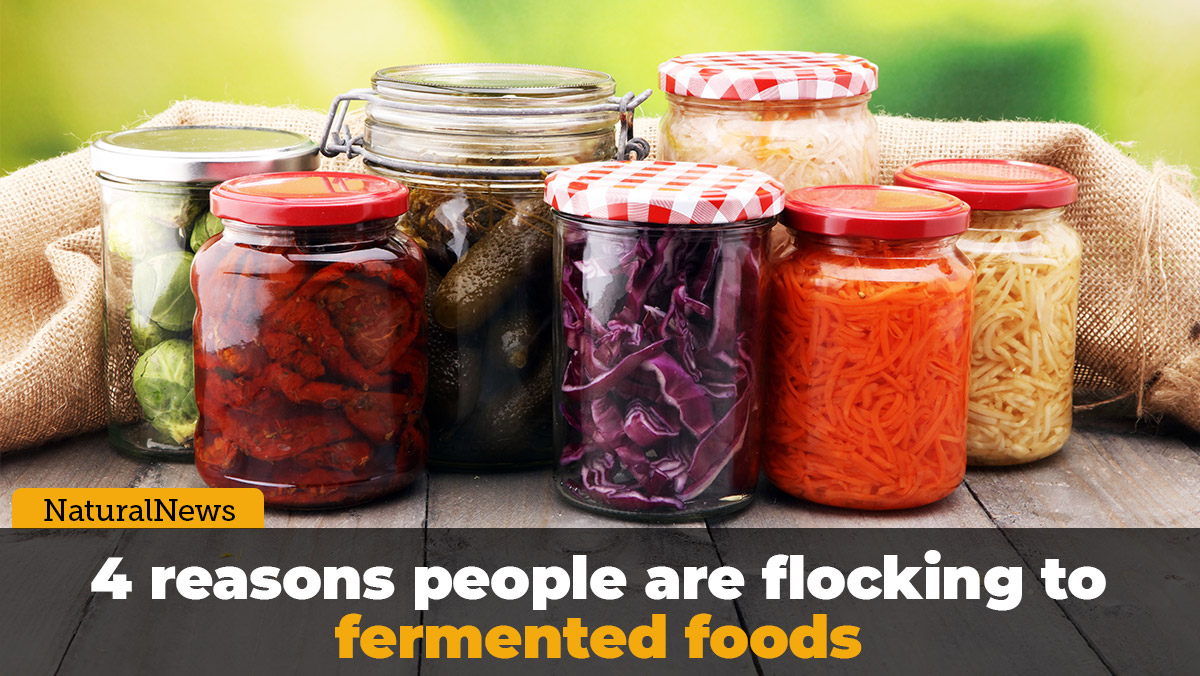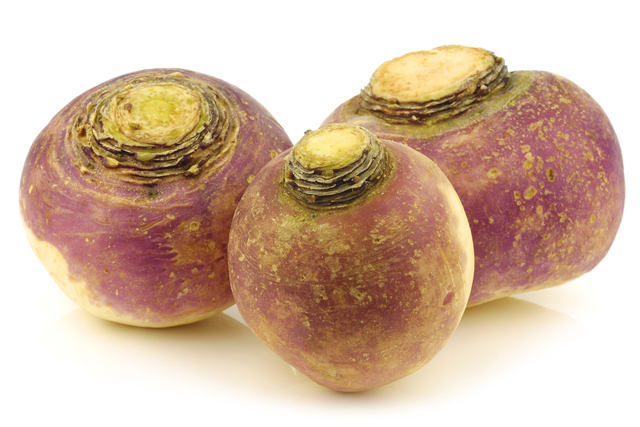Vegan diet — sources, health benefits at NaturalPedia.com
12/20/2017 / By Janine Acero

A vegan diet is part of a lifestyle that excludes the consumption or use of any products made from animals or derived from animal proteins, as well as foods that are processed using animal products, such as refined white sugar and some wines. It’s easy to confuse a vegan diet with a vegetarian diet; the main difference is that vegetarians do not eat meat but will continue to consume dairy products and eggs, while vegans consume no animal produce at all.
Plant-based diets can do wonders for both your health and the health of the environment. They involve eating only plant-based food products. Vegan diets can be a highly nutritious choice, as these are low in saturated fat and rich in nutrients.
Vegan diets can help protect bone and heart health, and lower the risk of cancer. Supplements may replace levels of certain nutrients that are found in meat, such as vitamin B-12.
Most vegans will also avoid the use of all personal and household products tested on animals, and avoid purchasing and using all animal-derived non-food products, such as leather, fur, and wool.
Veganism is now much more mainstream because of celebrities who have gone the vegan route such as Beyonce and Jay Z and high profile personalities like Bill Clinton.
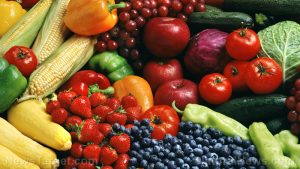
Benefits of a vegan diet
Since vegan diets involve eating more fruits and vegetables, they offer a wide range of health benefits. For one, they reduce the risk of cardiac ischemia by four percent with each serving of produce a person consumes. Those who had eight daily servings of fruits and vegetables lowered their risk for the disease by 22 percent.
Skipping animal-derived products can also help you reduce your saturated fat and cholesterol intake. This in turn can help boost your HDL (good) cholesterol and lower your LDL (bad) cholesterol and triglycerides – all of which may reduce your risk of heart disease.
Vegan diets also lower blood sugar levels in diabetics, and may be able to provide complete relief to systemic distal polyneuropathy symptoms – a condition in diabetics that causes sharp, burning pain. Moreover, vegan diets have positive effects in people with different types of arthritis; vegans experience improvements in symptoms such as pain, joint swelling, and morning stiffness.
Vegan diets generally contain more soy products, which may offer some protection against breast cancer. Avoiding certain animal products like dairy may also help reduce the risk of prostate, breast, and colorectal cancers.
Vegan diets also improve bone health, reduce obesity, and have anti-aging properties. They additionally provide more fiber and antioxidants, and they appear to be richer in potassium, magnesium, folate, and vitamins A, C, and E.
Food items typically found in a vegan diet
Vegans avoid all foods sourced from animals like meat and fish, as well as animal-derived products, like eggs, dairy or even honey. Replacements include foods rich in iron and protein such as beans and pulses, lentils, whole grains, nuts and seeds, soybeans, almonds, and vegetables; foods rich in calcium and vitamin D, like beans, tofu, and leafy greens; and foods high in omega-3 fatty acids such as walnuts, flaxseeds, and soy products.
Body systems supported by a vegan diet
Vegan diets require discipline and commitment, which put off a lot of people from trying it. However, this type of lifestyle will give a person a wide range of health benefits.
Vegan diets promote a steady weight loss, as well as reduction and prevention of type-2 diabetes, obesity, and certain types of cancers. The skin, cardiovascular, immune, and digestive systems benefit the most from vegan diets.
Where to learn more
- 78-year-old man says vegan diet responsible for “ripped” body
- Low-carb vegan diet improves cardiovascular risk factors
- A vegan diet offers relief from inflammatory disease and reduces heart disease risk
- Vegan diet found to markedly improve health of diabetes patients
- Vegan Diet Reduces Risk of Arthritis, Heart Attack and Stroke
Summary
A vegan diet excludes the consumption or use of any products made from animals or derived from animal proteins, as well as foods that are processed using animal products.
This diet involves eating strictly plant-based foods. It can be a highly nutritious choice, as it is low in saturated fat and rich in nutrients.
Sources include:
Tagged Under: vegan diet








